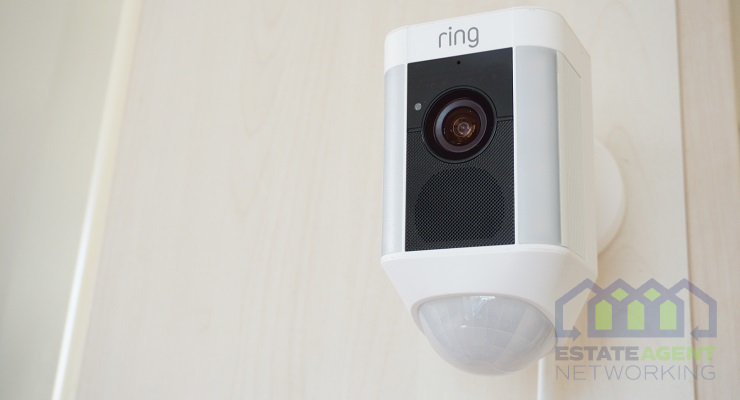What smart features can you implement at home?
Smart homes are on the rise. Statista states that “the number of users in the smart home market in the United Kingdom” is “forecast to continuously increase between 2023 and 2027 by 13.9 million households (+88.03 percent)”.
In 2023, there are just under 16 million smart homes in the UK – all taking advantage of the benefits of intuitive technology. If you’re keen to join them by making your home smarter, here are some of the most popular bits of tech available today.
Smart lighting
Smart lighting can be controlled remotely through a smartphone app or voice-activated system. The benefit of this is that you can turn your lights on and off without manually flicking the switch.
Want to turn your bedside lamps on before you head upstairs? No problem. Keen to put lights on in the evening when you’re not at home? Easy. You can control your lighting whenever, wherever – all from your phone.
Another benefit of this technology is that you can set timers that automatically turn your lights on at certain times of the day – so you don’t even have to think about it!
Smart appliances
You can also get smart appliances for your home which are typically WiFi enabled and connect through a smart hub. Using PCB design software, it’s possible to turn many devices into smart systems that can be used to improve life at home.
Some popular examples of smart appliances include microwaves with voice controls, dishwashers that can be managed remotely, and smart ovens that turn themselves off when your food is ready. No more burnt dinners!
Yet some of the most impressive smart appliances have to be fridge freezers. They can send you notifications to pick up groceries, help you create a shopping list and play music while you cook. There are even models with built-in cameras so you can check what’s in the fridge while out shopping – what’s not to love?
Smart energy
While the energy price cap lowered at the beginning of October, fuel costs remain high across the UK. It’s more important than ever to make sure you’re being savvy with your central heating, lowering usage to cut your bills.
That’s where smart heating systems come in. They typically involve a thermostat which can be controlled from your smartphone or computer through the WiFi.
Using an app, you can set up schedules that turn your heating on and off automatically at specific times of the day. Had a change of plans? You can adjust your heating through the app in line with your schedule. Are you freezing after a day out in the cold? Use your smartphone to heat the house before you get back.
There are many impressive smart systems that can transform the way you live. How will you choose to make your home smarter?









